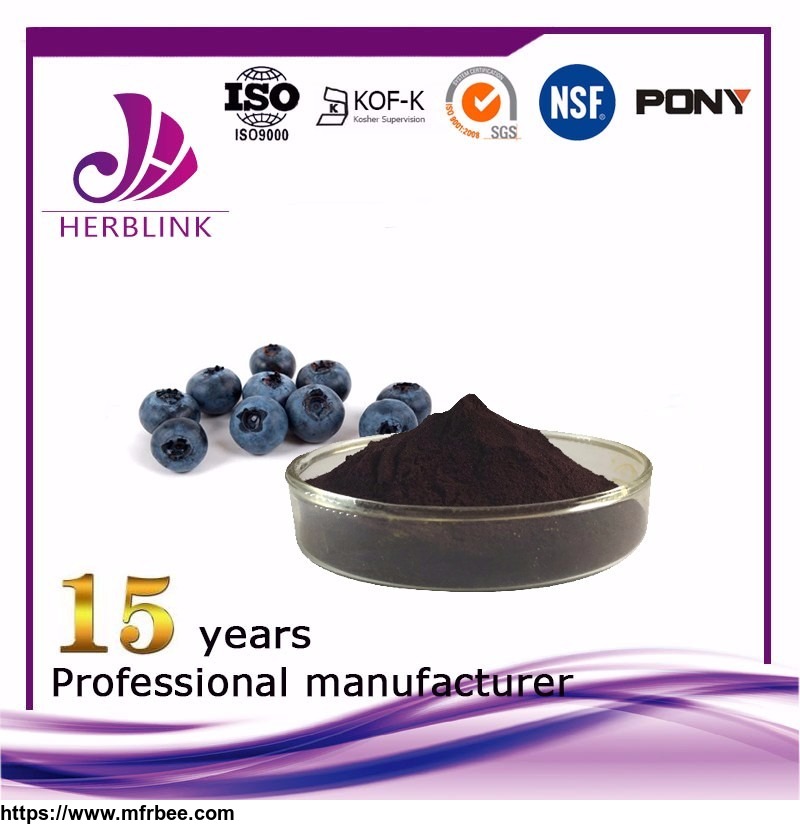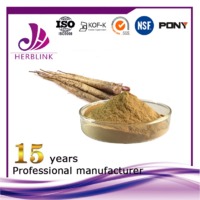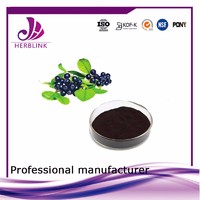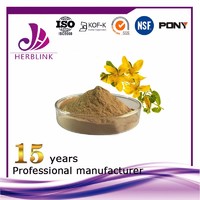Bilberry extract Anthocyanins 25% UV
Quick Detail
- Minimum order:1
Specifications
-
Latin Name: Vaccinnium vitis-idaea L.
Synonyms: Airelle, Dyeberry, European Blueberry, Huckleberry, Vaccinium myrtillus, Whortleberry, Wineberry
Part of Used: berry
Specifications: Anthocyanins 25% UV
Appearance: Dark violet fine powder
Application: Medicine, food additive, dietary supplement
What is Bilberry extract?
Bilberry is a shrubby plant which bears edible red or purple-colored fruits. The fruit looks and tastes similar to American blueberries. The fruit is smaller than that of the blueberry but with a fuller taste. Bilberries are darker in colour, and usually appear near black with a slight shade of purple. While the blueberry\'s fruit pulp is light green, the bilberry\'s is red or purple, heavily staining the fingers and lips of consumers eating the raw fruit.
The scientific name of bilberry is Actinium myrtillus and this plant comes from Western Asia, Europe and the rocky mountains of North America.
British Royal Air Force pilots during World War II who regularly ate bilberry jam and preserves reported an improvement in their night vision. Since then, bilberry extract has been used to treat ailments ranging from eye problems to digestive disorders.
Research discovered that bilberries contain two compounds; anthocyanosides and tannins. Each of these compounds is known for their health benefits. While anthocyanosides improves blood circulation throughout the body, tannins are useful in the treatment of diarrhea, sore throats, and mouth inflammations.
Chemical constituents of Bilberry extract
Research discovered that bilberries contain two compounds; anthocyanosides and tannins.
Benefits of taking Bilberry extract supplements:
Anthocyanosides are plant pigments that are responsible for the deep purple color of the fruit. Anthocyanosides have high anti-oxidant properties and they belong to a group of phytochemicals called flavonoids. These are powerful anti-oxidants that neutralize the free radicals and toxins, thereby, protecting the cells of the eyes and other parts of the body. Anthocyanosides are known to improve blood circulation to the eyes and rest of the body. Bilberry has found relevance in the treatment of vision disorder such as cataract and poor night vision. Anthocyanosides are also known to help varicose veins and hemorrhoids. Certain research studies have shown that the phytochemicals present in the bilberry reduce blood pressure, prevent blood clots and thus, increase the supply of blood to the central nervous system. Tannins in the bilberry extract are known for its anti-inflammatory, astringent and blood clotting properties. The tannins and anthocyanins may equalize and complement each other for medicinal purposes, when the benefits are considered. Bilberry extract is used in the treatment of number of aliments.
Heart Disease
Diabetes
Diarrhea and wounds
Vision
-




